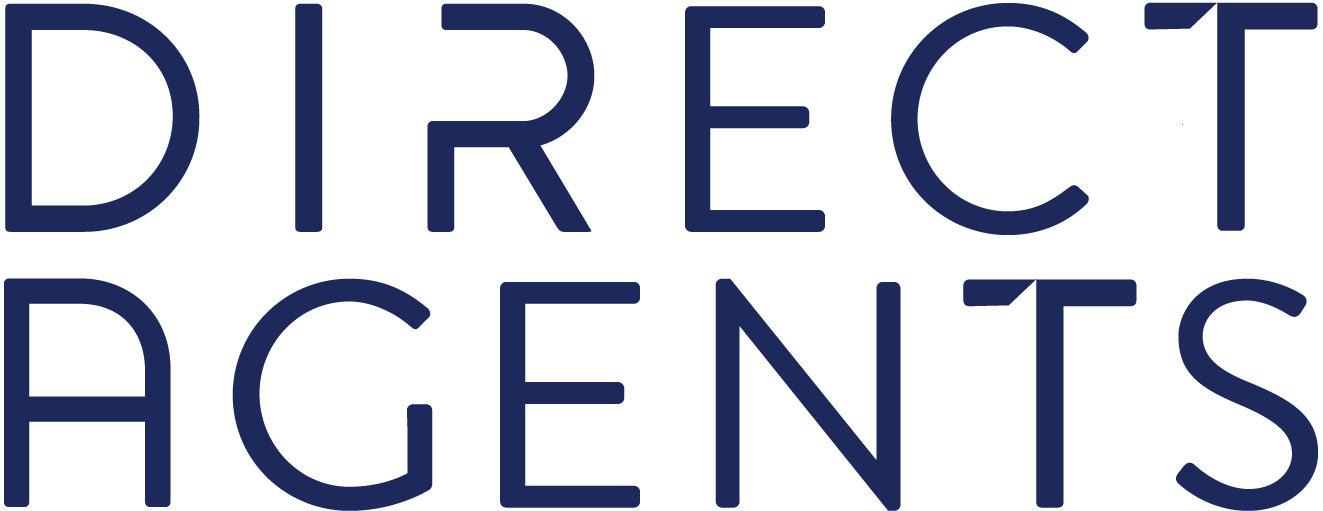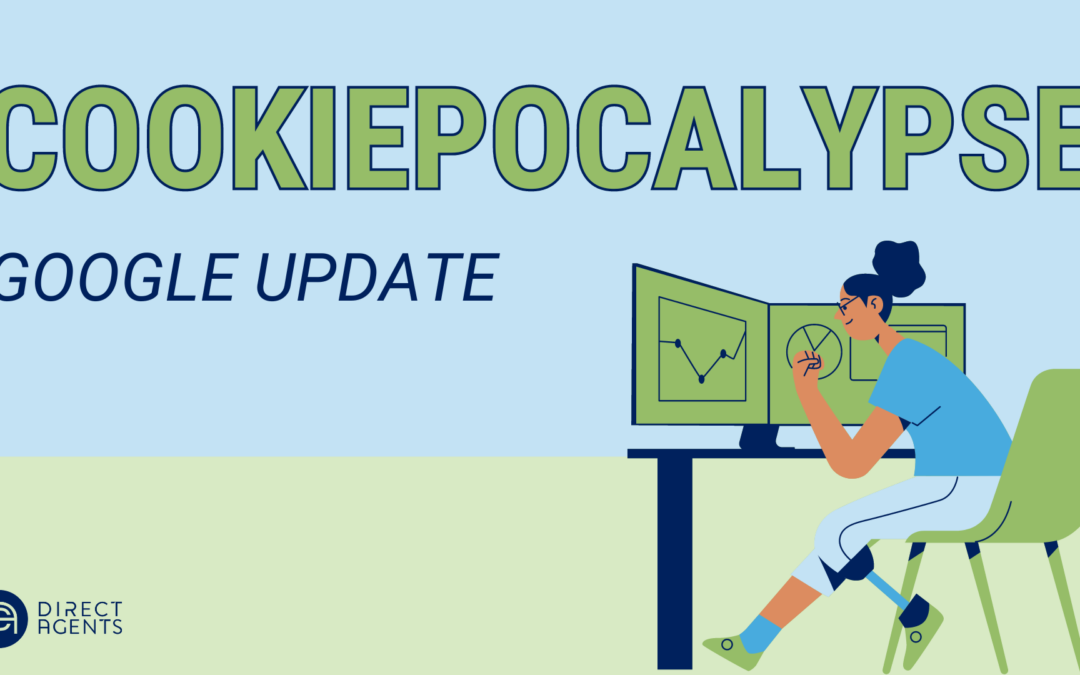Summary
In a recent development, Google has announced that they’ll be further delaying their initiative to phase out third-party cookies in the Chrome Browser, citing the need for more time to address industry feedback, and provide a more robust alternative.
Statement from Google: “We recognize that there are ongoing challenges related to reconciling divergent feedback from the industry, regulators, and developers, and will continue to engage closely with the entire ecosystem,” according to a statement Google posted on its website for the Privacy Sandbox. “It’s also critical that the CMA has sufficient time to review all evidence including results from industry tests, which the CMA has asked market participants to provide by the end of June. Given both of these significant considerations, we will not complete third-party cookie deprecation during the second half of Q4.”
While this won’t come as a surprise for many there are a few key takeaways worth calling attention to
- Whenever (and if) Google does go through with removing third-party cookies it will have a significant impact on advertising: The delay is welcomed for many as it will provide advertisers, publishers, and ad tech companies additional time to adjust strategies and technologies for a cookie-less environment, which has proven difficult.
- Regulatory Scrutiny is playing a big role in the decision to delay: The CMA has been monitoring Google’s efforts to phase out cookies globally (having raised 39 concerns back in January 2024) and continues to express concerns that Google’s proposed changes may not sufficiently address privacy issues.
- There is a new timeline, and it’s looking like 2025: Google is now planning to start phasing out cookies by 2025, subject to approval from regulatory bodies like the CMA and ICO. When we can expect this is unclear, but some signs point to early 2025 (maybe Q2).
- This change will impact both advertisers and publishers “Privacy is important and so is revenue for publishers” – Paul Bannister: The delay provides more time for ad tech companies, publishers, and advertisers to adapt their strategy and technologies to navigate the evolving landscape of digital advertising and privacy regulations. Advertisers that use this time might facilitate smoother transitions and mitigate potential disruptions in revenue streams.
While this delay gives stakeholders more time to prepare for the impending changes, it also highlights ongoing challenges and complexity in developing viable alternative technologies that can address privacy concerns without compromising the Ad industry functionalities.
What should your brand do?
Brands should continue to test alternative targeting solutions while leaning into smart measurement to create a competitive advantage. These measurement solutions should be both durable and non-cookie methods such as attention, MMM, and incrementality studies.
Two immediate steps brands should take are proactively setting up the new measurement options platforms have rolled out to try and mitigate data loss. Two prominent examples of this are
- Google’s Enhanced Conversions
- Meta’s CAPI
The key benefit to both of these is that they are in place to provide more robust measurement and attribution in the privacy-focused landscape.
To learn more about the most recent changes to Google or to learn more about our Data and Analytics solution, please contact [email protected].
Corey Levine, VP of Integrated Media, Direct Agents


